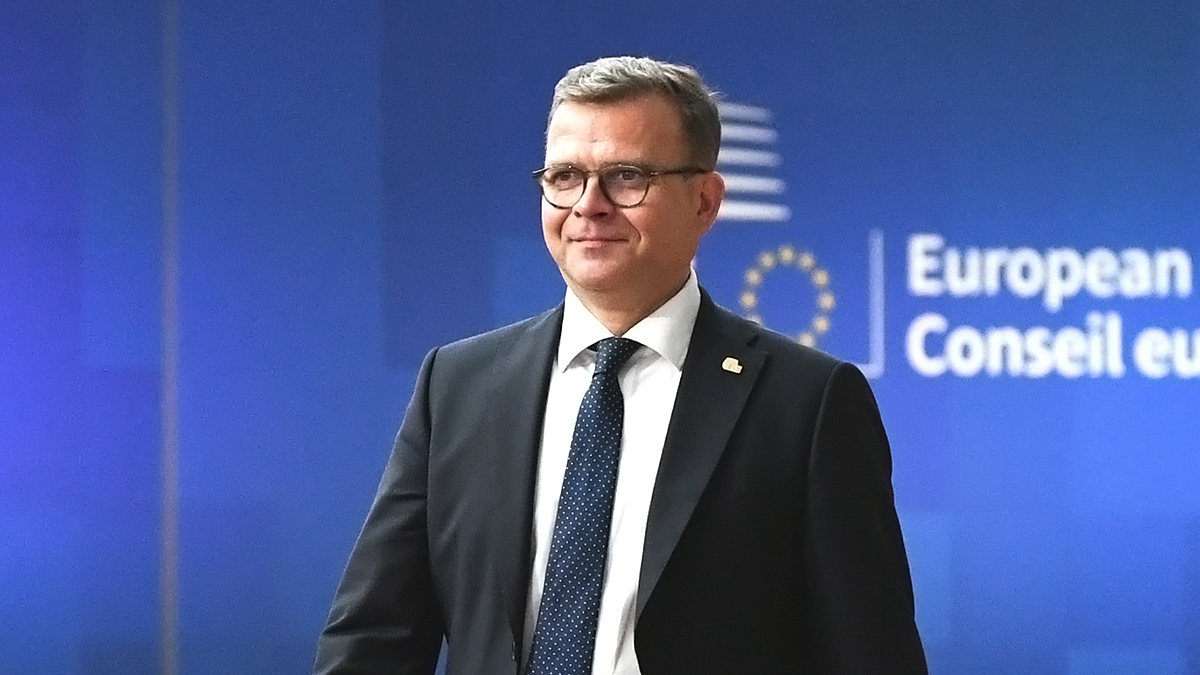European Union to continue to support Ukraine over the long term

The European Union will continue to provide strong military, financial, economic and diplomatic support and humanitarian assistance to Ukraine. The EU leaders decided on the matter on the closing day of the European Council held in Brussels on 26–27 October. Prime Minister Petteri Orpo represented Finland at the meeting.
Prime Minister Orpo highlighted the importance of the EU’s pledge to provide security commitments to Ukraine in the future. “It is important that we reach an agreement quickly on the EU’s security commitments to Ukraine. We should be ready to make political decisions on the matter at the December European Council,” Orpo said.
The EU leaders had already exchanged views on Russia’s war of aggression in Ukraine in a video discussion with Ukrainian President Volodymyr Zelenskyy on the first day of the Council. The EU will speed up the delivery of military support, such as missiles, ammunition and air defence systems, to Ukraine.
“We must strengthen the EU’s defence sector and reinforce the capacity of the European defence industry as quickly as possible. A strong EU also strengthens NATO and transatlantic cooperation,” said Prime Minister Orpo.
Prime Minister Orpo also called for progress on the use of frozen Russian assets to support Ukraine.
The Euro Summit held in connection with the European Council focused on the overall economic and financial situation and economic policy coordination. In Prime Minister Orpo’s view, the EU must be more competitive both internally and globally given the current geopolitical situation.
“A well-functioning and competitive single market, for example in the service sector, plays a key role. Fair competition is an important factor in ensuring growth capacity. We must return to the normal State aid rules as soon as possible,” said Prime Minister Orpo.
In its conclusions, the European Council emphasises the need to speed up work on developing digital services, clean technology and clean energy production, transitioning towards a more circular economy and reducing the regulatory burden.
“The EU must continue to be a global leader in the energy transition and clean technology solutions. I highlighted the potential of the bioeconomy and circular economy in renewing European industry. At the same time, we must reduce the regulatory burden on businesses,” Orpo emphasised.
On the last day of the meeting, the EU leaders also held a strategic discussion on migration. Prime Minister Orpo stressed that migration is a common European challenge and called for long-term solutions.
“We need to build well-functioning partnerships with countries of origin and transit. We must also be able to return people who do not have a legal right to reside in the European Union,” said Prime Minister Orpo.
In their discussion on other items, the EU leaders condemned the recent terrorist attacks in Belgium and France, which killed and injured Swedish and French nationals. The discussion on external relations focused on the tensions between Kosovo and Serbia and between Armenia and Azerbaijan, and on the situation in the Sahel.
The European Council also received an update on the preparations for the UN Climate Change Conference (COP28) in Dubai.
Inquiries: Jori Arvonen, State Under-Secretary for EU Affairs, tel. +358 295 16001, Tuomas Tikkanen, Special Adviser (EU Affairs), tel. +358 40 523 5768 and Marko Ruonala, Project Manager (Communications), tel. +358 50 522 8233.